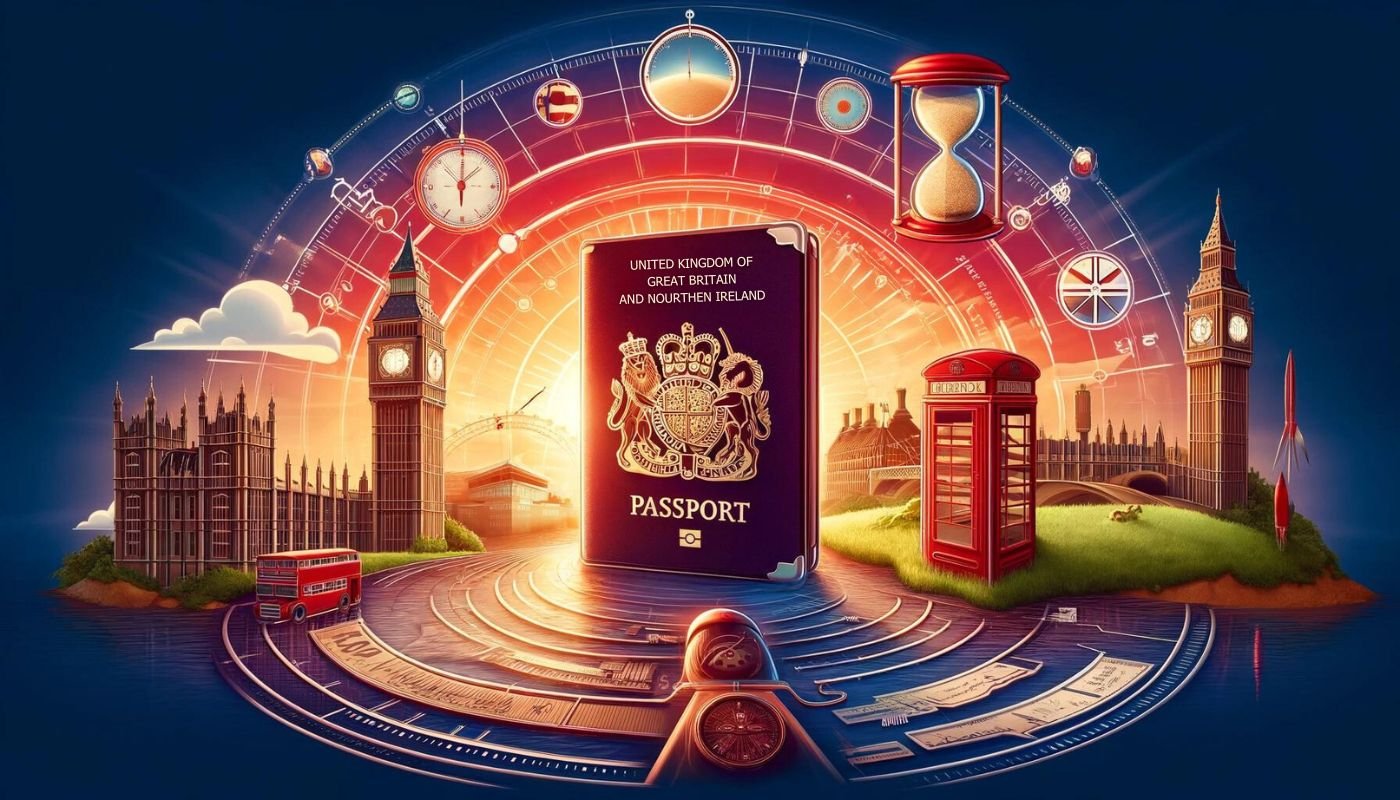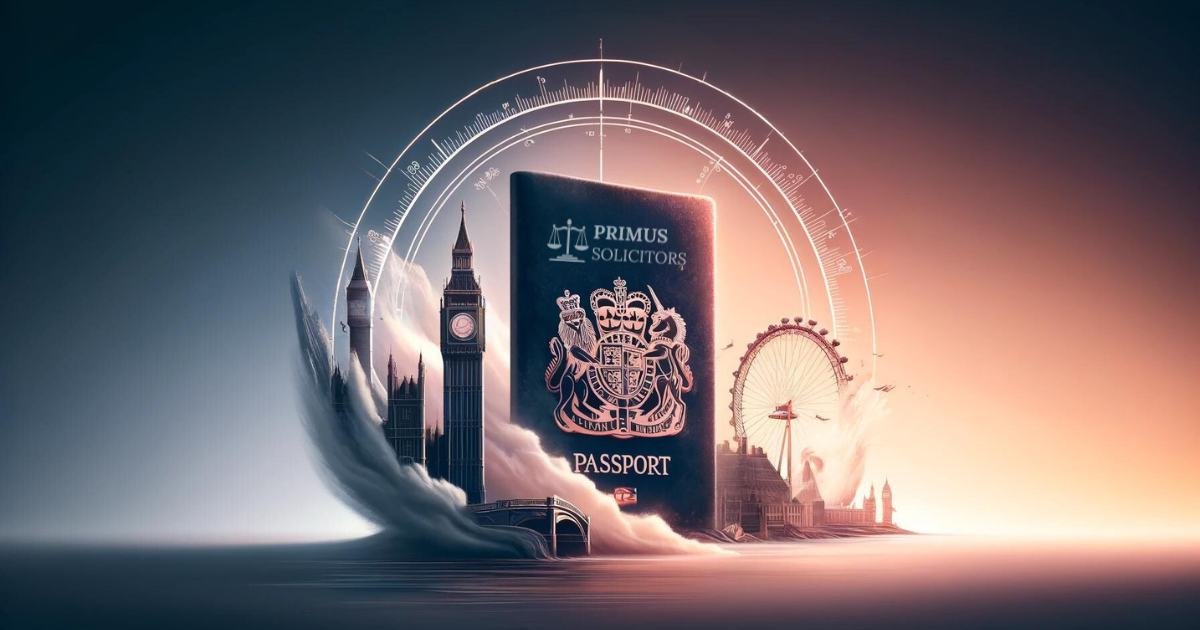ILR 20 Year Long Residence Rues & Requirements Explained
Indefinite Leave to Remain (ILR) is a key immigration status for non-UK nationals, as it allows them permission to live, study, and work in the UK without any time restrictions. If applicants don’t meet the criteria for ILR applications like the 10-year long residence, or ILR spouse or skilled worker routes, an alternative pathway to ILR can be the 20-year long residence route. In this guide we aim to outline and break down the key aspects of obtaining ILR via this method, helping applicants understand the requirements and processes involved.
What Are the Eligibility Criteria for the 20-Year Rule?
In UK immigration law, “continuous residence” is defined as residing within the UK for an unbroken period of time, excluding the given, acceptable absence periods that are allowed. Applicants must demonstrate that they have lived in the UK for 20 continuous years, adhering to all legal requirements during this time.
Key Requirements
To qualify under the 20-year rule, applicants need to ensure the following:
- 20 Years of Continuous Residence: You must demonstrate two decades of continuous living in the UK, this does not require the individual to have done so legally
- Valid Application Form Submission: Applicants need to complete and submit the necessary application forms accurately.
- Suitability Criteria: You must ensure there are no reasons, such as criminal convictions, that would make you unsuitable for ILR.
What Doesn’t Break The Continuous Residence Chain?
Understanding what is considered acceptable in terms of absences from the UK is crucial for maintaining eligibility under the 20-year rule. Acceptable absences are those that do not exceed 6 months at a time, provided they are with valid permission. These breaks should be for reasons such as holidays, business trips, or short-term studies, which do not disrupt the continuity of residence as defined by Home Office guidelines.
What Breaks Continuous Residence
Certain events can significantly disrupt the 20-year residency requirement and should be avoided by those seeking ILR through long residence:
- Exceeding Absences: Absences from the UK of more than 6 months at any single stretch.
- Excessive Total Absences: More than 550 days spent outside the UK over the entire 20-year period.
- Deportation or Removal: Being deported or removed from the UK automatically breaks the continuous residence.
- Leaving Without Valid Return: Departing the UK without a valid reason or the necessary permissions to return.
These disruptions can severely impact an applicant’s chances of successfully claiming ILR under the 20-year rule, emphasising the importance of careful planning and adherence to immigration regulations.
Exceptional Circumstances, Rules & Exceptions to the 20 year Long Residence Rule
When applying for the ILR through 20-year long residence, several additional factors need consideration:
- The ‘Half of Life’ Rule: Younger applicants aged 18-24, who have been in the UK for at least half of their lives, may be eligible to apply for permission to remain under Appendix Private Life after between 30-60 months of legal residency in the UK.
- 7-Year Child Residency: Children who have lived in the UK for at least 7 years may be able to gain ILR on the basis of having established a private life in the United Kingdom.
Impact of Unlawful Residence
Previous periods of unlawful residence are not automatically disqualifying, but applicants are required to disclose these periods and complicate them in the application process. It’s crucial to document and explain such periods thoroughly in the application.
Criminal Convictions
If applicants have a criminal conviction it can be a significant factor in determining suitability for ILR. Applicants should be aware that certain types of offenses and recent convictions might lead to the refusal of their application.

Applying for 20-Year Long Residence
Applying for ILR under the 20-year rule involves a detailed and precise submission process:
- Online Form: You must complete the correct online application form for long residence.
- Biometric Information: Provide your biometric details such as fingerprints and a photograph.
- Supporting Documents: Submit any supporting evidence that may be beneficial in solidifying the credibility of your continuous residence, including utility bills, rent agreements, and official correspondence.
It’s essential to accumulate robust evidence demonstrating continuous residence, as the Home Office requires clear proof of the applicant’s claims to grant ILR status.
Understanding Lawful Residence Under UK Immigration Rules
When discussing UK immigration rules, “lawful residence” is a key term, especially regarding the 20-year residency requirement. Here’s a breakdown of what it entails:
Continuous and Legal Residency:
To meet the 20-year norm, your stay in the UK needs to be both continuous and lawful. Continuous residence means not having significant gaps in your stay, while lawful residence means being in the UK with the necessary permissions.
Lawful Residence Defined:
- Existing Permission:
This involves holding the proper visa or permit to enter or remain in the UK. Your stay must align with the terms of these permissions for it to be considered lawful. - Temporary Entry Permissions:
At times, you might enter the UK temporarily, such as through immigration bail. Under the Immigration Act of 1971, if this temporary stay precedes a granted permission to remain, it counts as lawful. - Waivers of Immigration Restrictions:
Occasionally, immigration restrictions are waived for specific reasons. If you receive a direct grant to stay after such a waiver, this period is considered lawful residence.
By adhering to these rules, individuals ensure their residence in the UK is recognized legally, paving the way for future immigration applications and rights.
What is Discretionary Leave and When is it Granted?
Discretionary leave is a special type of permission given to individuals who do not meet the usual immigration requirements. It is not a standard solution and is instead reserved for unique cases that warrant compassion or extraordinary consideration.
This type of leave is granted in exceptional situations, often involving humanitarian grounds or where strict enforcement of immigration laws might lead to an unjust outcome. The decision to grant discretionary leave is highly subjective and relies heavily on the specific circumstances surrounding each case. This flexibility allows authorities to address instances that fall outside the usual criteria, balancing the need for regulation with empathy and fairness.
Conclusion
Achieving Indefinite Leave to Remain (ILR) through the 20-year long residence route is a testament to an individual’s enduring connection to the UK. This pathway provides a vital option for those who have built their lives here over two decades, offering them the stability of permanent residency.
How Can Primus Solicitors Help With Indefinite Leave to Remain Applications?
Due to the complexity of UK immigration laws and the strict requirements the Home Office demand, we highly advisable you instruct a specialist immigration solicitor for expert professional immigration advice before submitting an application. Our Expert immigration lawyers can provide you with legal guidance and advice, as well as help you maximise the chances of a successful outcome in your indefinite leave to remain application.
In this guide we’ve aimed to inform potential applicants with a clearer understanding of the 20-year long residence route to ILR, highlighting the essential steps and considerations involved in this significant legal process.
If You Need Any Assistance Or Legal Advice For Your Visa or Appel Application, Contact Our Specialist UK Immigration Solicitors Today!


